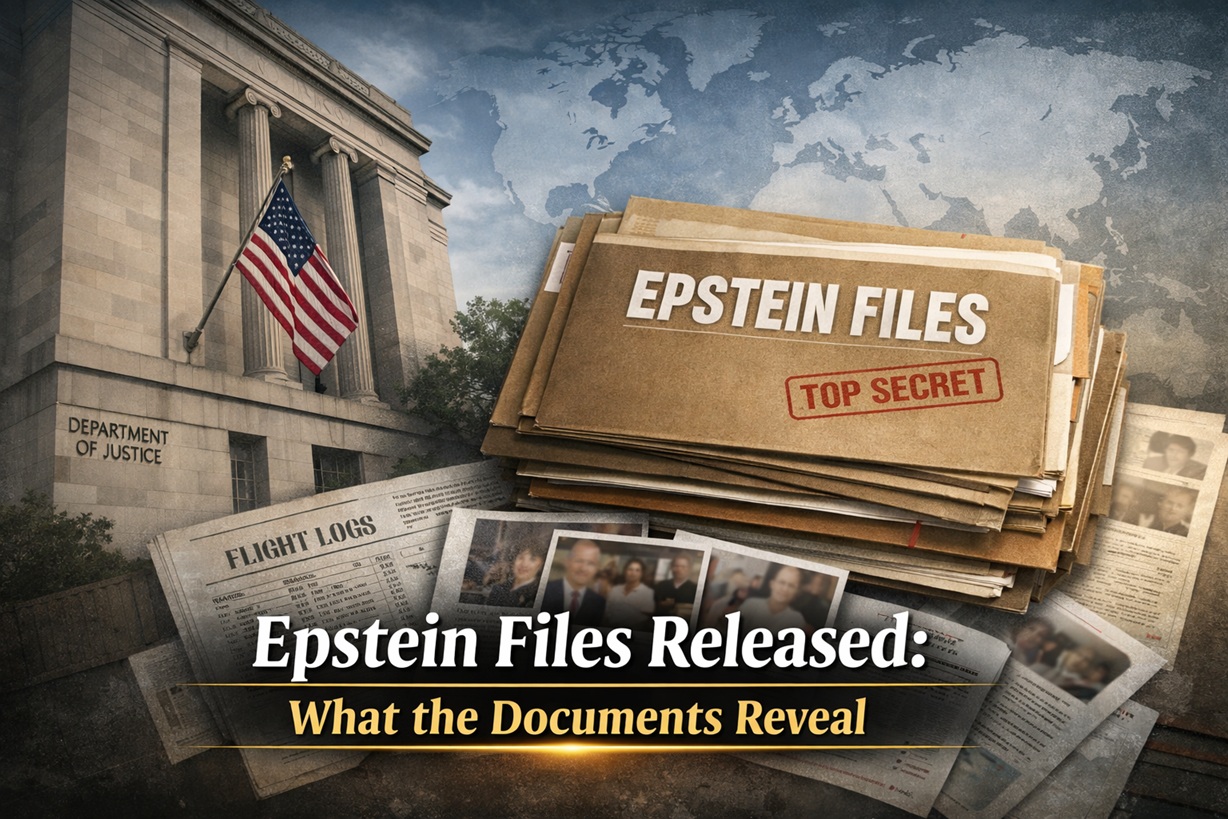Delhi Chief Minister Arvind Kejriwal and the AAP Party leaders have been in the news over the past few years for continuous legal battles across the judiciary system, including the current Liquor Policy Scam and many others.
Background
Kejriwal is in judicial custody in corruption and money laundering cases related to the alleged scam. Recently, the Supreme Court granted interim bail to Kejriwal in the money laundering case and referred his petition challenging the ED’s arrest to a larger bench.
Arrest and Custody Details
The Chief Minister was remanded to CBI custody for three days on June 26 by vacation judge Amitabh Rawat, who observed that the arrest, at this stage, could not be deemed illegal. However, the judge noted that while the arrest was not illegal, the CBI should not be overzealous.
On June 29, vacation judge Sunena Sharma remanded Kejriwal to judicial custody as the CBI did not request his further remand. The probe agency examined the Chief Minister in Tihar jail, where he is held in judicial custody in relation to the money laundering case being probed by the ED.
Kejriwal’s statement was recorded hours after the Delhi High Court stayed the bail granted to him in the PMLA case. After obtaining the court’s permission, the CBI examined Kejriwal in court on June 26 and then formally arrested him.
Kejriwal was initially arrested by the ED on March 21. In May, the Supreme Court granted him interim bail until June 1, considering the general elections. He surrendered on June 2.
Wednesday’s Court Proceedings (17 Jul 2024)
The Delhi High Court on Wednesday reserved its verdict on Chief Minister Arvind Kejriwal’s petition challenging his arrest by the Central Bureau of Investigation (CBI) in the corruption case related to the liquor policy.
Justice Neena Bansal Krishna also reserved order on Kejriwal’s interim bail plea. Senior Advocates Abhishek Manu Singhvi, N Hariharan, and Vikram Chaudhari represented Kejriwal, while Special Public Prosecutor DP Singh represented the CBI.
Singhvi’s Arguments on ‘Insurance Arrest’
Singhvi contended that Kejriwal’s arrest by the CBI was an “insurance arrest,” made as an afterthought following the Supreme Court’s interim bail granted to Kejriwal on Friday in the Enforcement Directorate (ED) case under the Prevention of Money Laundering Act (PMLA).
Impact of Interim Bail
Despite the Supreme Court’s interim bail, Singhvi argued that Kejriwal is “back to square one because of the insurance arrest.” He stated, “Those who want him behind bars, by hook or by crook, have ensured it.”
Procedural Irregularities
Singhvi highlighted that the CBI’s plea before the Trial Court did not specify any provisions under which they sought to arrest Kejriwal, nor was any prior notice given to him. He pointed out that the Trial Court’s order had limited application of mind, without affording Kejriwal the opportunity to be heard.
Evidence and Bail Test
Singhvi argued that the CBI had the same evidence during their interrogation of Kejriwal and at the time of his arrest. He asserted that Kejriwal met the triple test for bail: no risk of tampering with evidence, not a flight risk, and willing to cooperate with the investigation. He also mentioned that Kejriwal’s blood sugar level had declined.
CBI’s Counterarguments
Justification of Arrest:
CBI’s counsel DP Singh argued that the term “insurance arrest” was not justified. He noted that multiple petitions and applications had been filed before the court, and there had been no observations of violations by the CBI.
Notice and Timing
Regarding the issue of not providing notice to Kejriwal, Singh stated that Delhi Prison Rules mandate seeking court permission to interrogate someone in court custody. Therefore, the CBI did not have to provide prior notice to Kejriwal.
Singh explained, “On June 24, I examined him but didn’t arrest him. If there was an insurance arrest, I could have exercised my right to arrest under Section 41 itself. But I didn’t do that. We assessed his statement and then decided we needed to arrest him.”
Investigation Integrity
Singh argued that the CBI had the right to decide the timing of calling the accused. He pointed out that Kejriwal’s role was not initially evident as the excise policy fell under the purview of the excise minister. However, whenever Kejriwal’s involvement became relevant, he was called by the CBI.
Bail of Co-Accused
Singh noted that bail for the primary individuals involved in the case, Amandeep Dhall, Manish Sisodia, and K Kavitha, had been dismissed by the High Court. He accused Kejriwal of trying to derail the CBI’s investigation by blaming others during interrogation.
Chargesheet Preparation
Singh contended that for the grant of bail, the Court would need to examine the chargesheet. He stated that the CBI was in the final stages of preparing the chargesheet against Kejriwal. Singh argued that it would be rational for the bail to be first argued before the trial court, awaiting the decision on whether the arrest was legal or not.
Court’s Next Steps
While reserving the order on Kejriwal’s plea challenging his arrest and interim bail, Justice Krishna scheduled the hearing for the Chief Minister’s regular bail plea on July 29. Kejriwal approached the High Court for bail without going through the trial court.
It will be interesting to see what happens on July 29, 2024, as that may be one of the deciding factors related to the arrest of other accused individuals in the Liquor Policy scam.







